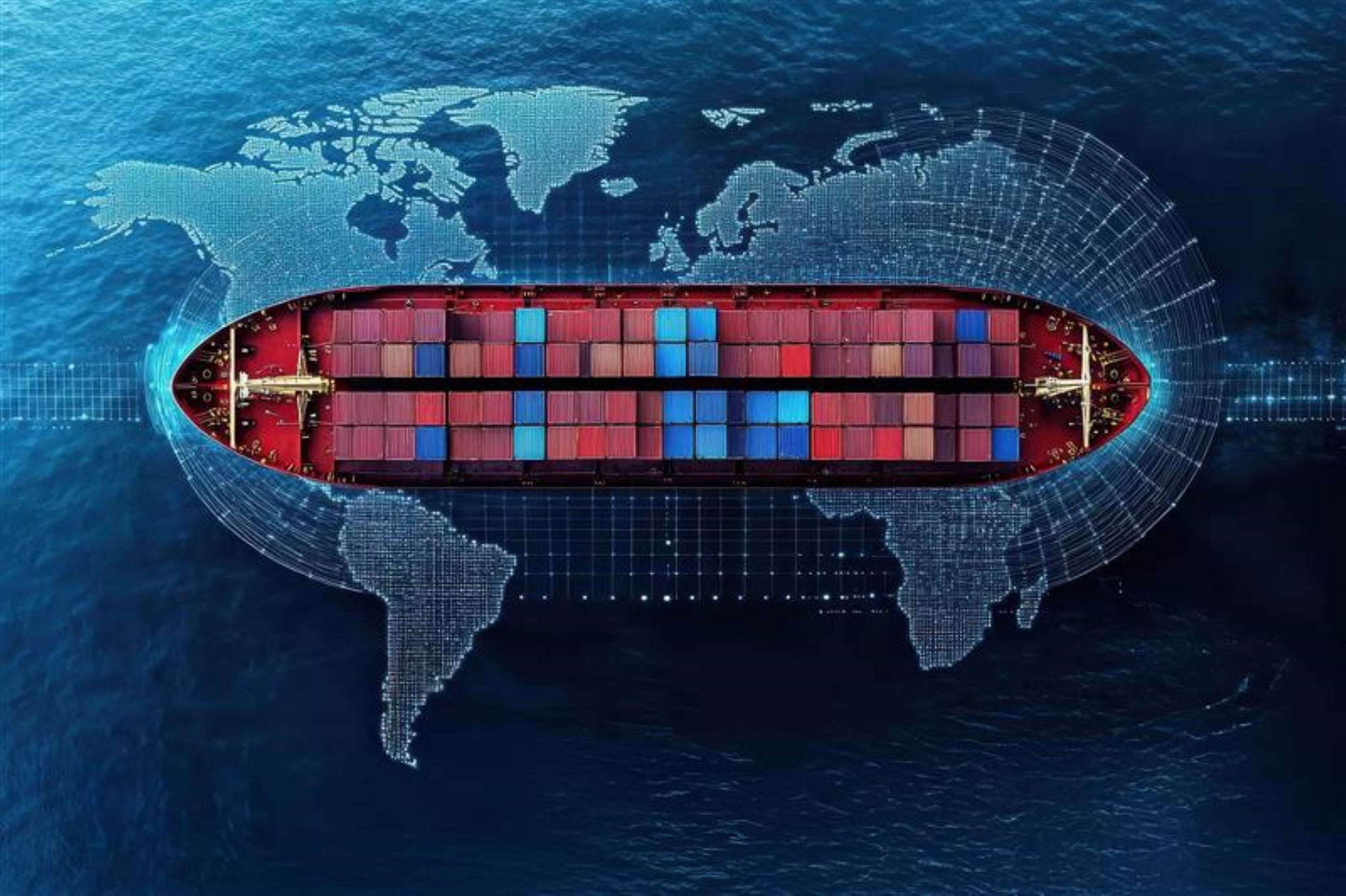U.S. Importers Shift Focus to Cambodia: Is Your Business Ready?
Introduction
The global supply chain has undergone a significant transformation over the past few years. From pandemic disruptions to rising geopolitical tensions, U.S. businesses are seeking more flexible and dependable sourcing markets. One name increasingly surfacing as a strategic sourcing destination is Cambodia. Known for its expanding manufacturing capabilities and favorable trade terms, Cambodia is now drawing serious attention from American importers.
As this transition gains momentum, it’s critical for businesses to evaluate their preparedness. Relying solely on legacy supply chains centered around China or Vietnam may no longer be sustainable. Cambodia, with its young labor force and improving infrastructure, offers timely alternatives. However, navigating this emerging landscape requires insights and reliable partnerships. This is where working with a bestsourcing agent Cambodia becomes not just helpful—but essential.
Why Are U.S. Importers Looking to Cambodia?
Shifting trade policies have made sourcing from traditional regions more complex. Tariffs imposed on Chinese goods by the U.S. government have raised import costs substantially. Vietnam, another favorite destination, has become increasingly saturated and expensive. In contrast, Cambodia offers a blend of competitive labor rates, a business-friendly government, and membership in major regional trade agreements.
In particular, Cambodia benefits from duty-free access to the U.S. under the Generalized System of Preferences (GSP) for select goods. While not as industrialized as its neighbors, the country’s trajectory shows promise. Production is scaling across textiles, electronics, and furniture. These trends reflect broader regional shifts and affirm the importance of establishing operations early.
For importers unfamiliar with the terrain, a bestsourcing agent Asia provides the local navigation required to engage Cambodian suppliers effectively.
The Benefits of Cambodia’s Emerging Export Ecosystem
Cambodia’s export potential is backed by a youthful workforce and pro-business reforms. The government has introduced special economic zones (SEZs) that streamline permits, taxes, and logistics. These zones reduce red tape and offer exporters valuable cost savings. Many of the factories located in Phnom Penh, Sihanoukville, and Bavet are either internationally managed or trained by foreign investors, ensuring better compliance and standards.
Furthermore, the country is investing in infrastructure modernization. Road and port upgrades, particularly around the Sihanoukville Autonomous Port, are improving shipping reliability. For time-sensitive exports, these logistics improvements are critical.
To capitalize on these developments, businesses often partner with a bestsourcing agent Cambodia who understands factory capabilities and regional supply flows. Such agents ensure transparency and oversight at every step of the procurement process.
How Sourcing Agents Mitigate Risks
Sourcing from a developing market presents both opportunities and challenges. Language barriers, unclear documentation, and varying factory standards can lead to costly mistakes. U.S. businesses risk delays, compliance issues, and inconsistent product quality if these aspects are not managed properly.
An experienced sourcing agent bridges these gaps. From factory audits to negotiating payment terms, they handle the critical checkpoints needed for smooth imports. Their long-term presence in the region gives them insight into trustworthy suppliers and scalable production capacities.
Moreover, a bestsourcing agent Asia provides regular reporting and quality control oversight. They prevent minor issues from escalating and ensure expectations align across cultural boundaries. These services enhance operational efficiency and build long-term supplier relationships that benefit both parties.
Top Products U.S. Importers Source from Cambodia
Cambodia’s strengths traditionally lie in garment and footwear manufacturing. However, recent diversification includes:
-
Electronics assembly
-
Processed agricultural goods
-
Light machinery components
-
Office and home furniture
-
Personal protective equipment (PPE)
As factories increase their output capabilities, U.S. importers are now testing pilot orders in non-traditional sectors. This trial-and-scale approach is efficient when coordinated by a trusted bestsourcing agent Cambodia who can pivot quickly if performance falls short.
What Importers Should Do Now
If your business is considering Cambodia as a sourcing destination, proactive preparation is crucial. Begin by assessing which product categories fit the country’s strengths. Then, shortlist manufacturers with relevant certifications and capacity. However, don’t rely solely on online directories or trade show brochures. Factory conditions can differ dramatically from what’s advertised.
Instead, work with a reputable sourcing agent who understands the local business landscape. Agents are better equipped to verify factory conditions, negotiate contracts, and monitor production timelines.
Integrating your sourcing process with the support of a bestsourcing agent Asia offers both peace of mind and strategic advantage. They keep you informed of local disruptions, government policy changes, and sector-specific trends—all factors that could impact your bottom line.
Final Thoughts
Cambodia is no longer a marginal player in the global supply chain. It is becoming a central consideration for U.S. importers looking to diversify and de-risk their operations. This rise is driven by favorable trade policies, improving logistics, and expanding manufacturing capabilities. But success in Cambodia depends heavily on the strength of your local partnerships.
A bestsourcing agent Cambodia is your gateway to this dynamic market. They simplify complex sourcing decisions, ensure quality assurance, and allow businesses to scale with confidence. As competition for factory capacity heats up in Southeast Asia, early movers who align with the right agents will enjoy significant advantages.
